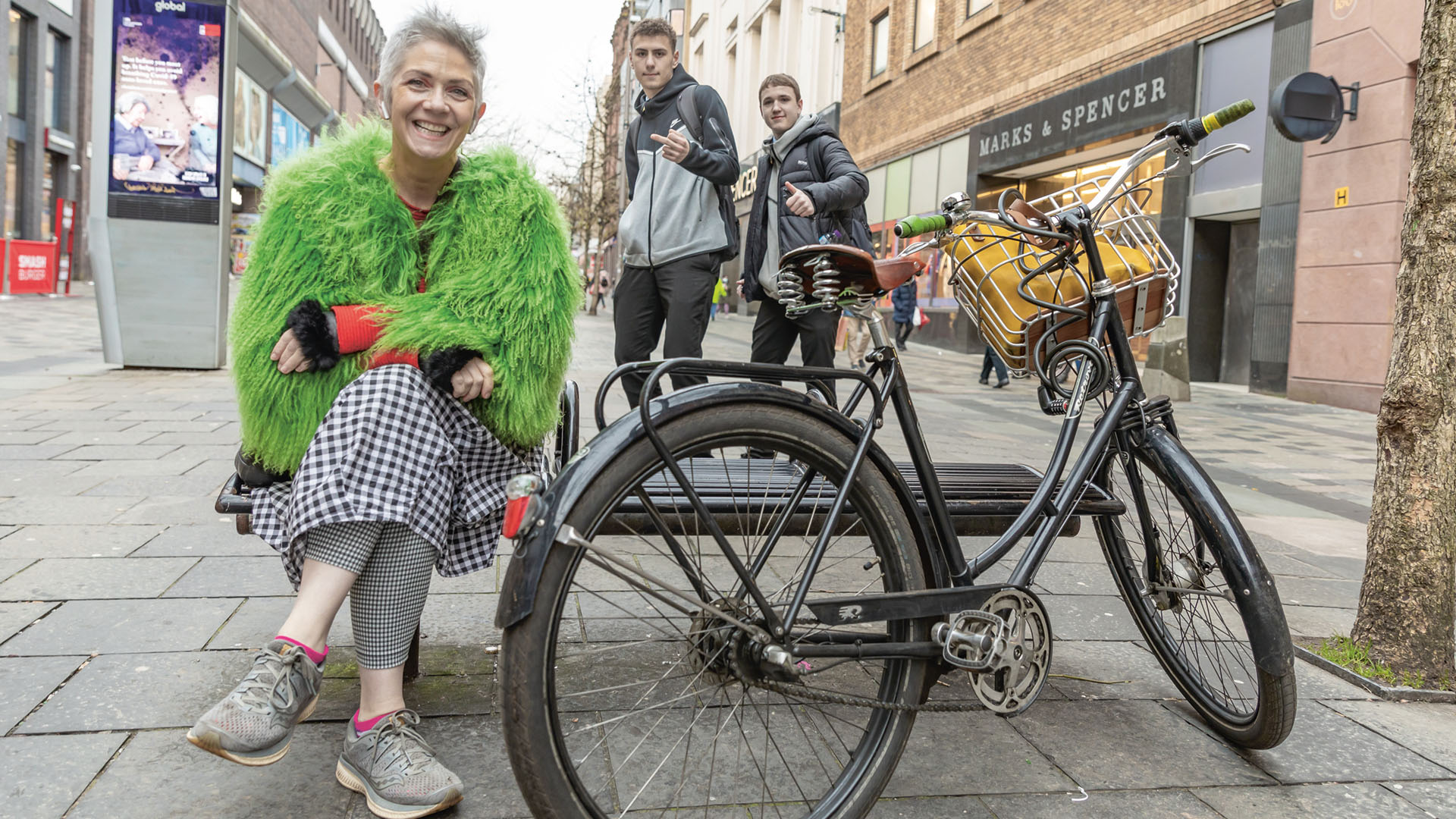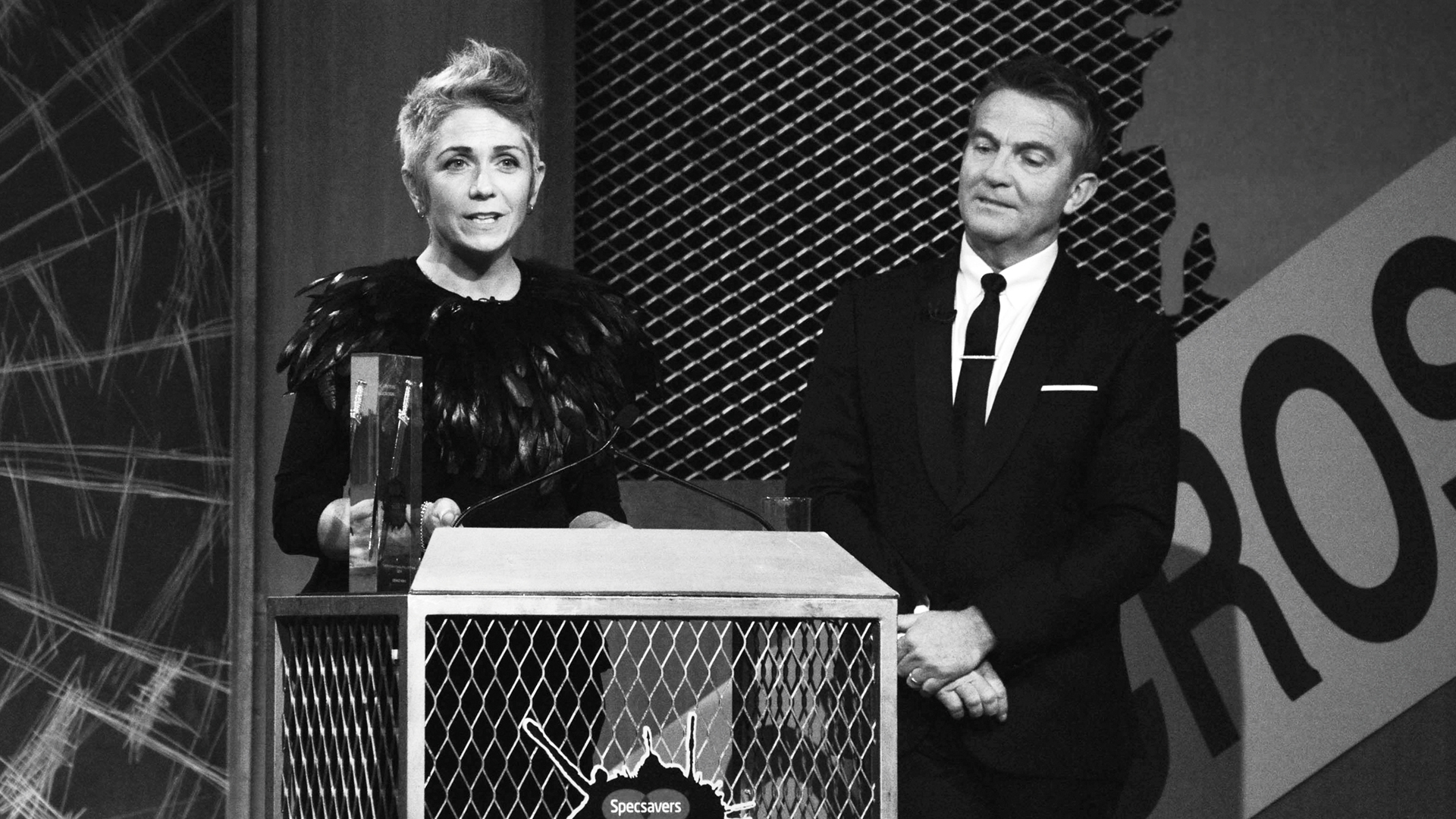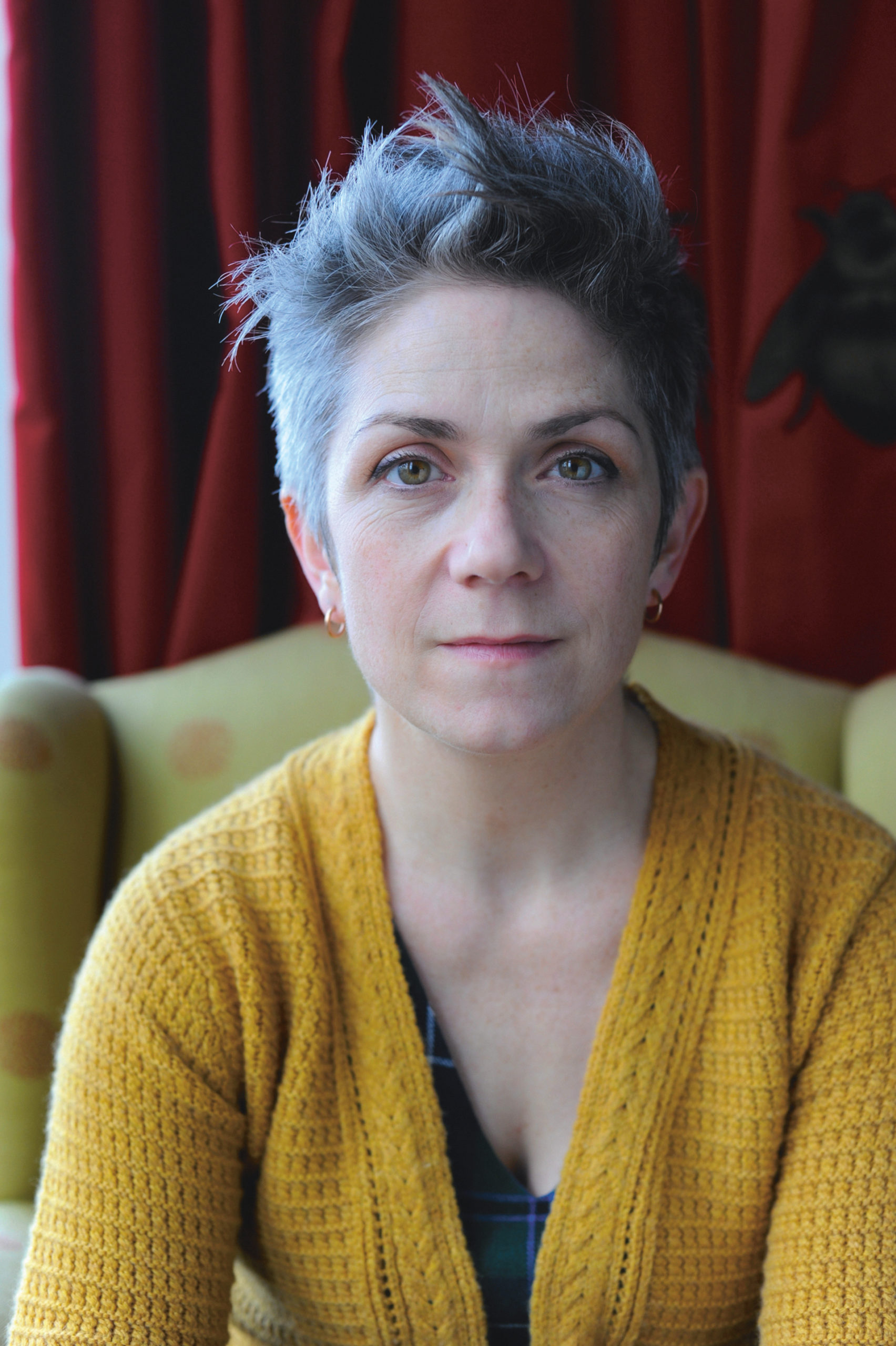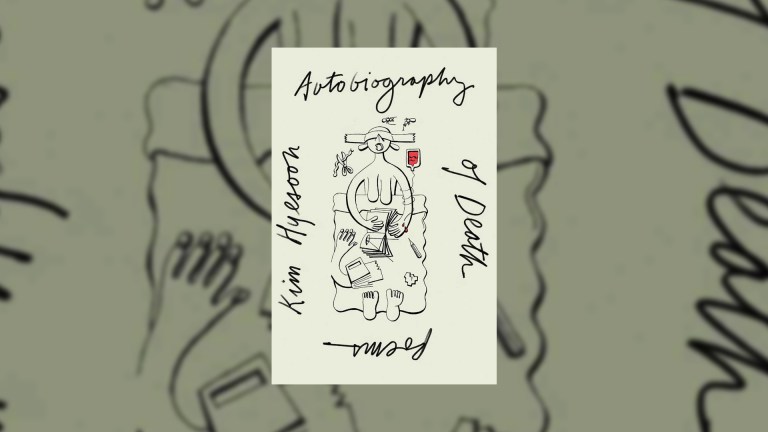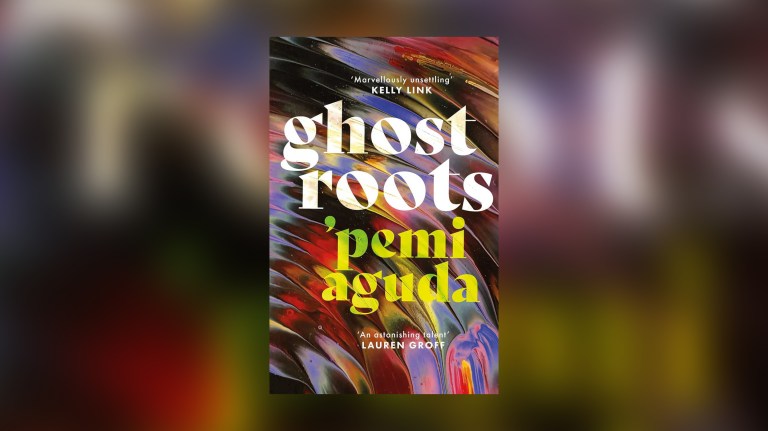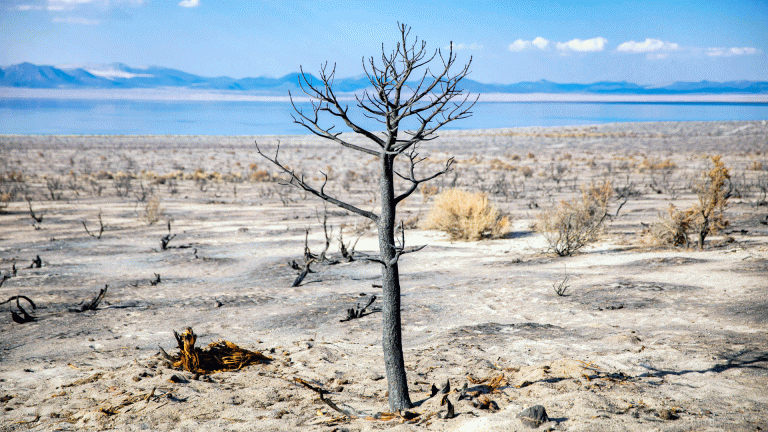Denise Mina was born in East Kilbride, but moved a lot as a child. In her twenties, she attended Glasgow University and gained a law degree, then wrote her first novel, Garnethill, which was published in 1998. As well as novels, she writes plays and comic books and has won several prizes, including the McIlvanney Prize for The Long Drop.
In her Letter To My Younger Self, she talks about when she fell in love with reading, the joy of having children and how she wishes that she’d given up smoking sooner.
When I was 16 I was living in London with my parents. My dad worked for North Sea oil and we moved around a lot. He got the sack a lot for being obnoxious, to be honest with you. Everywhere we went he fell out with someone, so we had to move. We ended up in Bromley in London, but before that we lived in Norway and Paris and Amsterdam and Glasgow and Invergordon – all the big lights. We always had a big family in Glasgow. The longest I’d ever lived anywhere was Paris for three years. I keep going back, but Paris in the ’70s was really special.
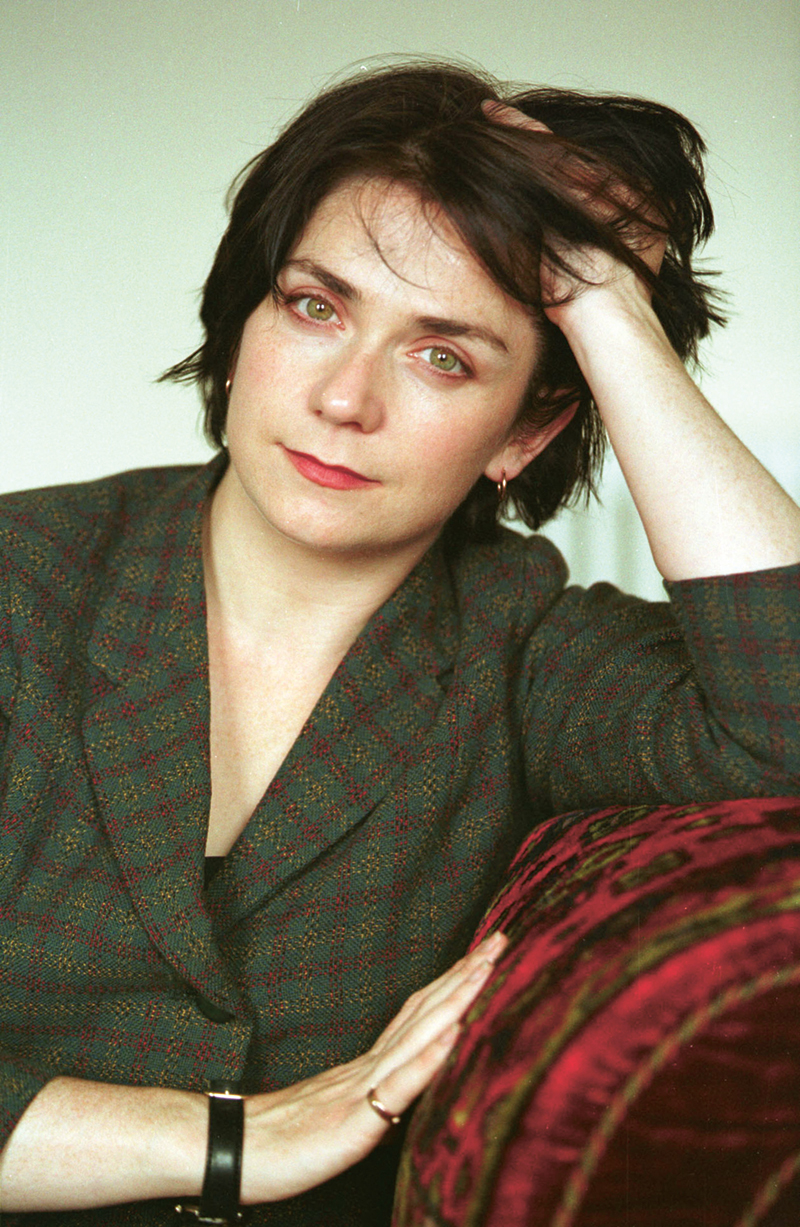
I was still at school but I never really went. School isn’t for everybody. There was quite a strict smoking ban at our school, that really put me off. And I didn’t read at all. I thought reading was for wholesome people who wore ironed trousers. I didn’t realise it was an escape. Sometimes reading fiction gets presented at school as something that’s good for you, like running. It’s not presented as a joy, something you do for fun. It doesn’t feel like a naughty thing. So it didn’t feel like anything to do with people like me. And it wasn’t until I went on a hellish holiday with some pals – one girl had brought [Gabriel García Marquez’s] One Hundred Years of Solitude and [Mikhail Bulgakov’s] The Master and Margarita with her. I started reading to escape and I realised, this is great. I love this.
I was quite a loner as a teenager. I was really overweight and quite punky, cutting my own hair. And I found it quite hard to give a fuck about what my peer group thought. Being overweight didn’t affect my confidence as much as it should have. I think I was supposed to hate myself because I was quite fat, but I thought it was funny. I remember going to a fancy dress party dressed as the Hulk because I loved the Hulk. And lots of girls said to me, you shouldn’t put yourself down like that, you’re not that fat. And I thought, what? I just really like the Hulk.
As a teenager I didn’t really know what I wanted to do with my life, but I was ambitious. My ambition was to enjoy my life and not become bitter. It’s difficult to do, but that is the ultimate ambition. You know, people want their kids to be successful so they’ll be happy – why don’t you just cut to the chase and hope your children are happy? I’ve had so much luck in my career. But I know people who’ve had more luck and all they can think about is what they haven’t got. What a waste. So I made a conscious decision to be upbeat.
